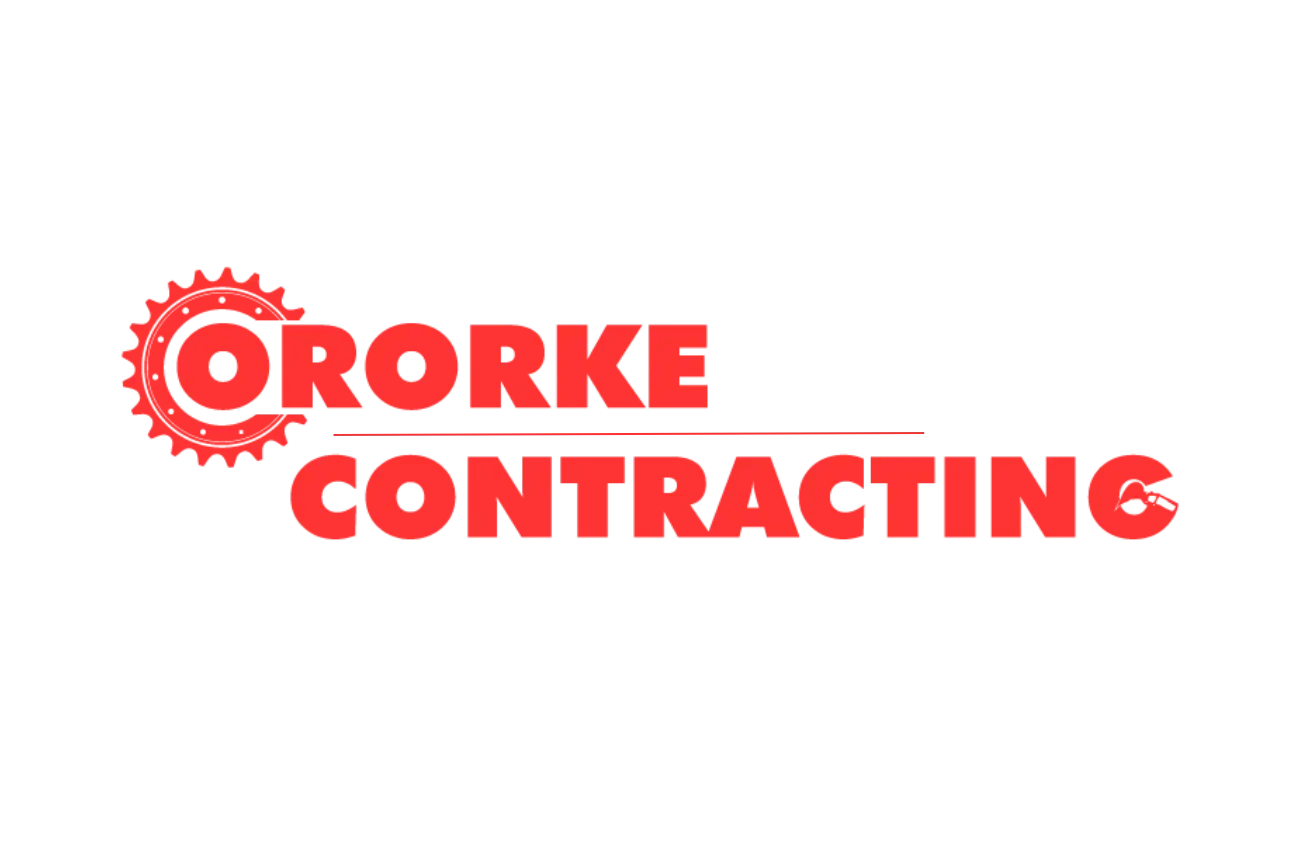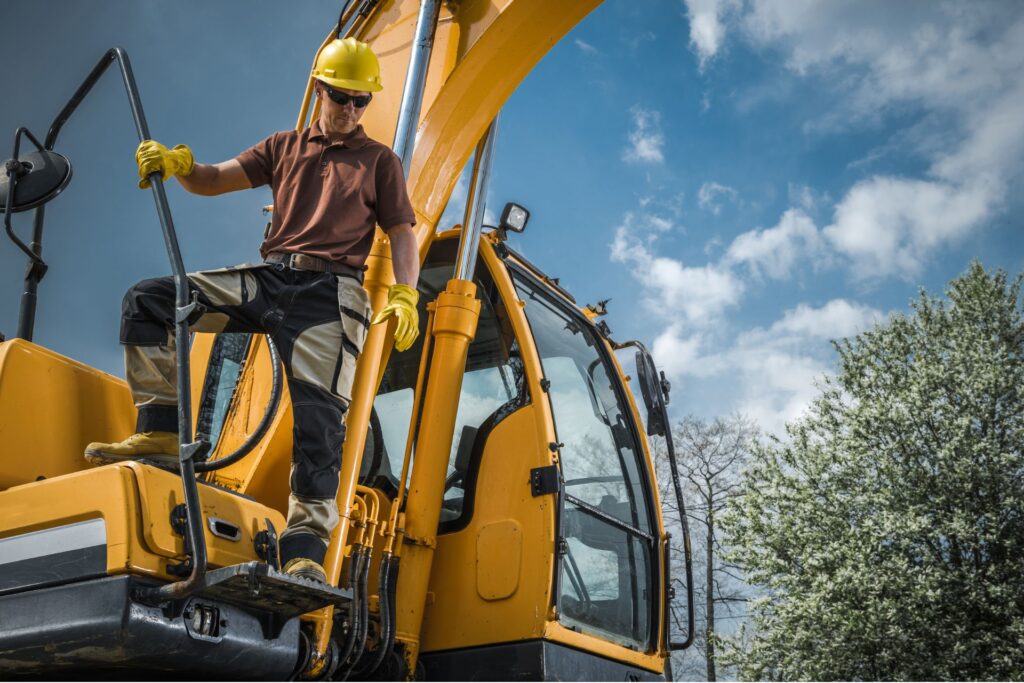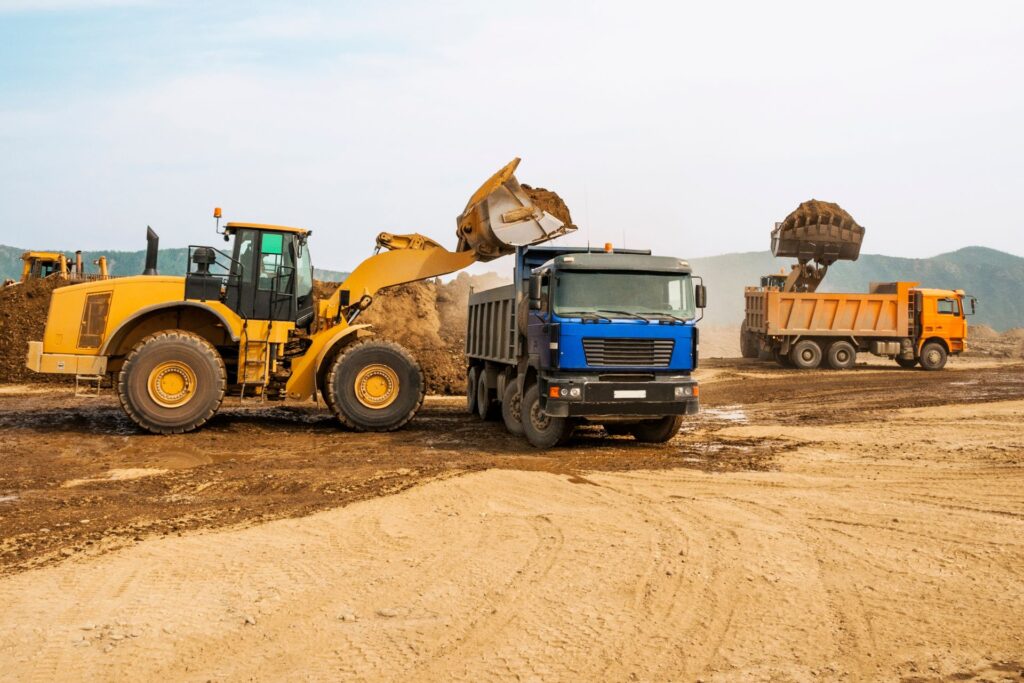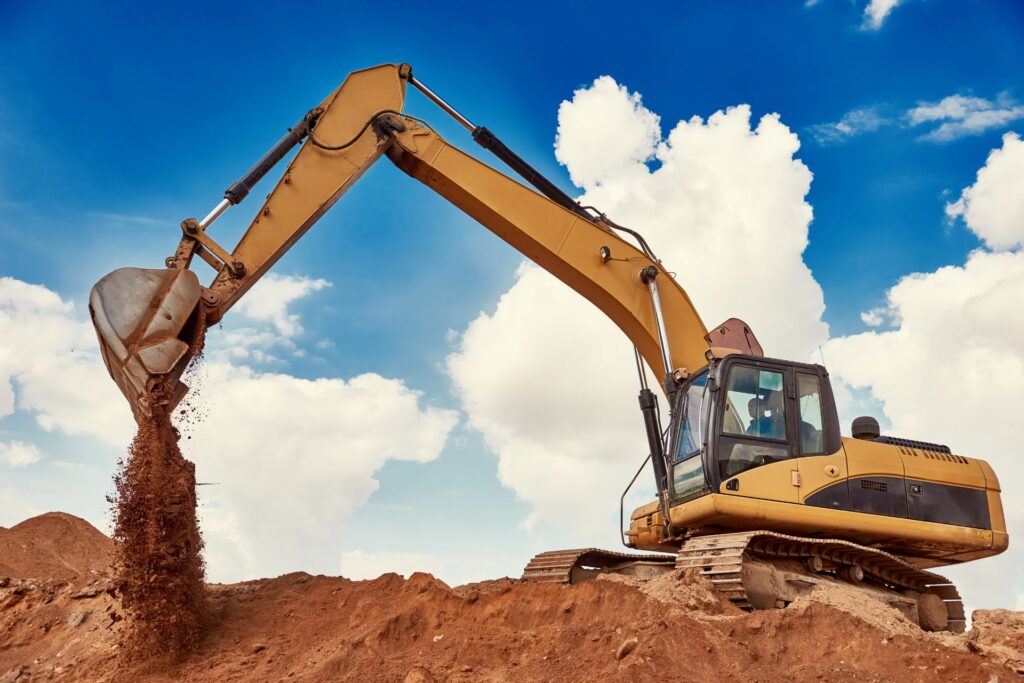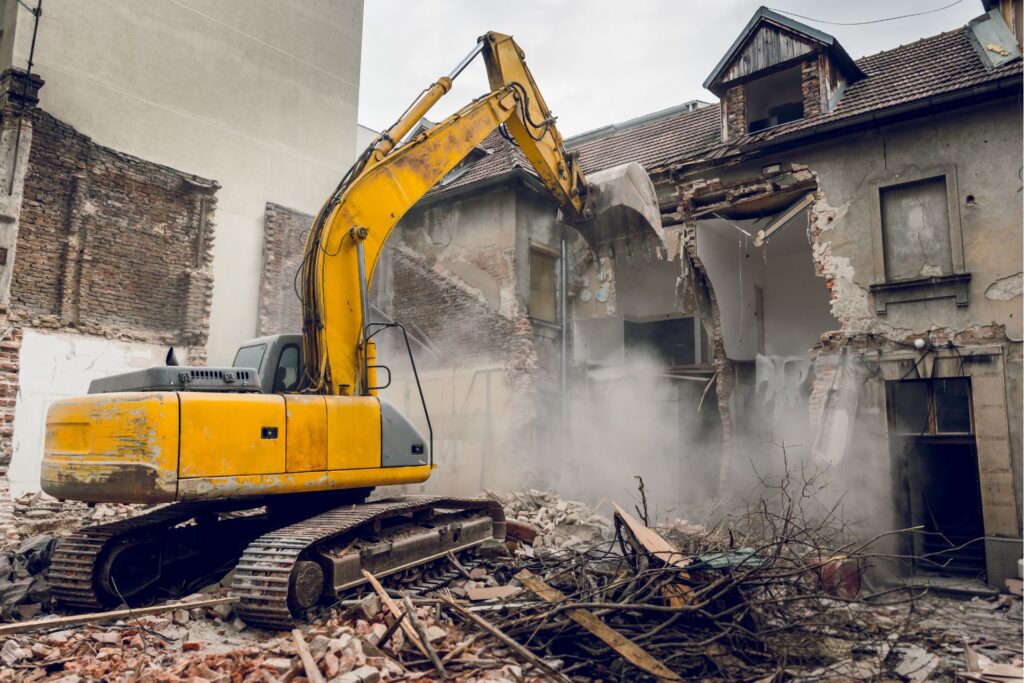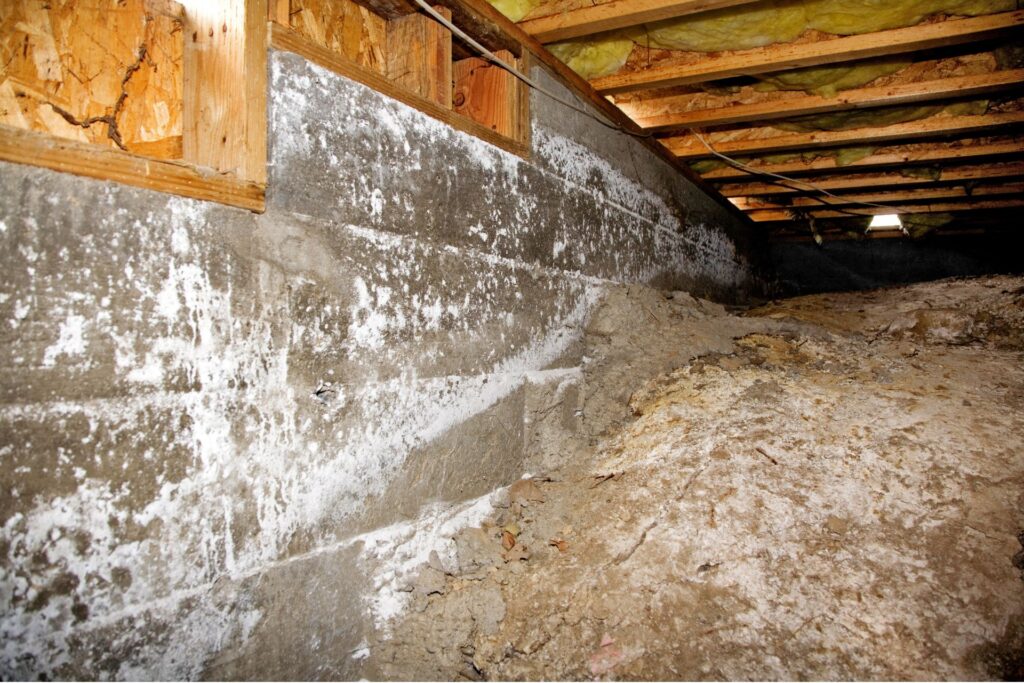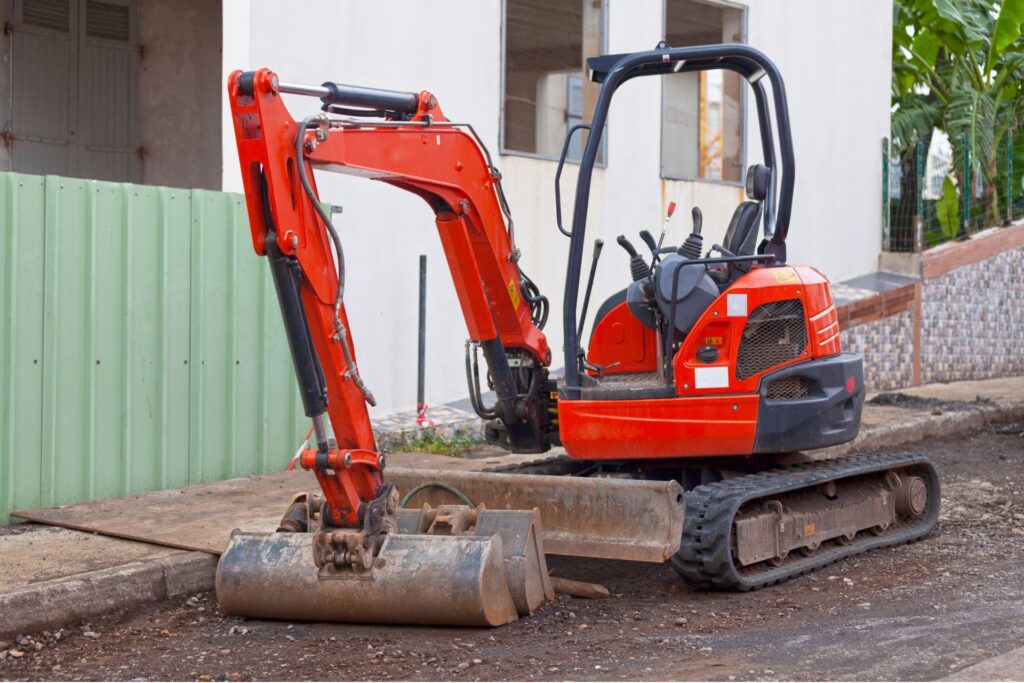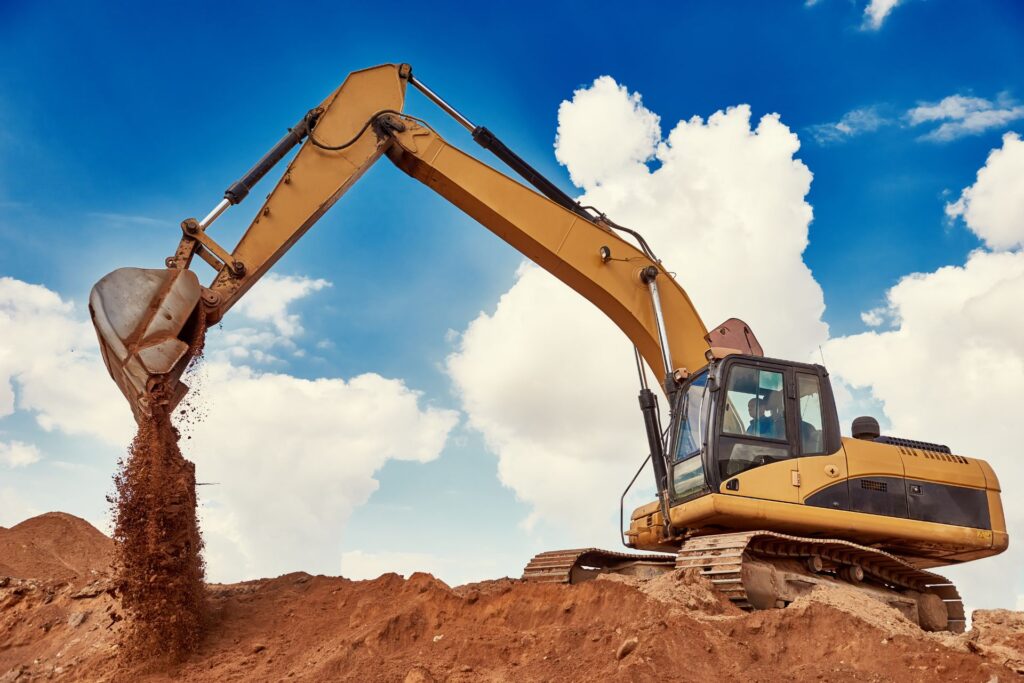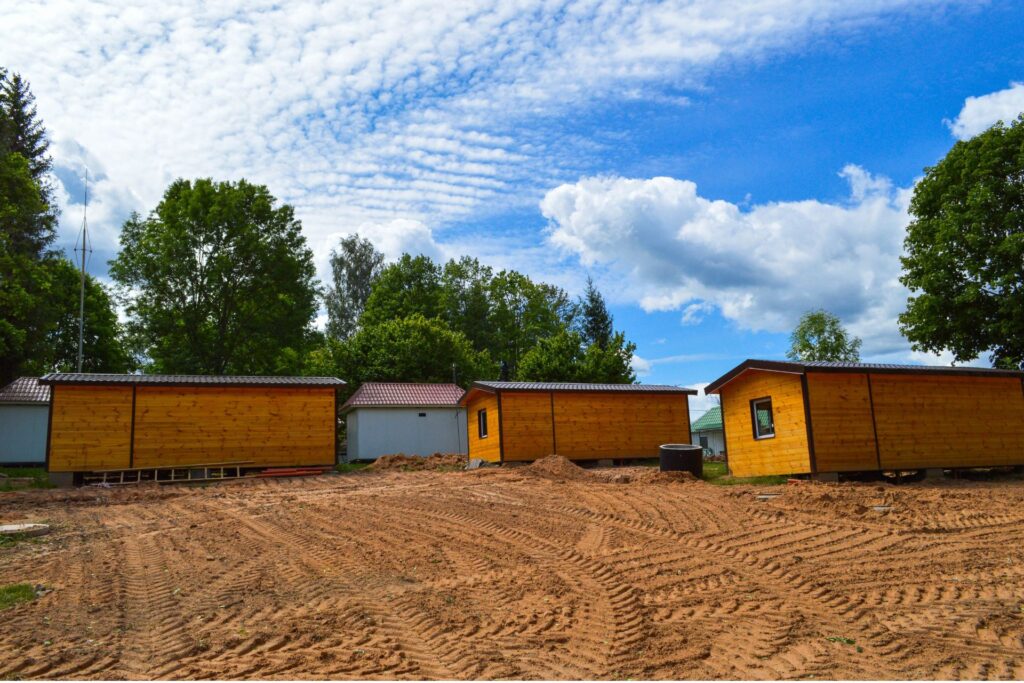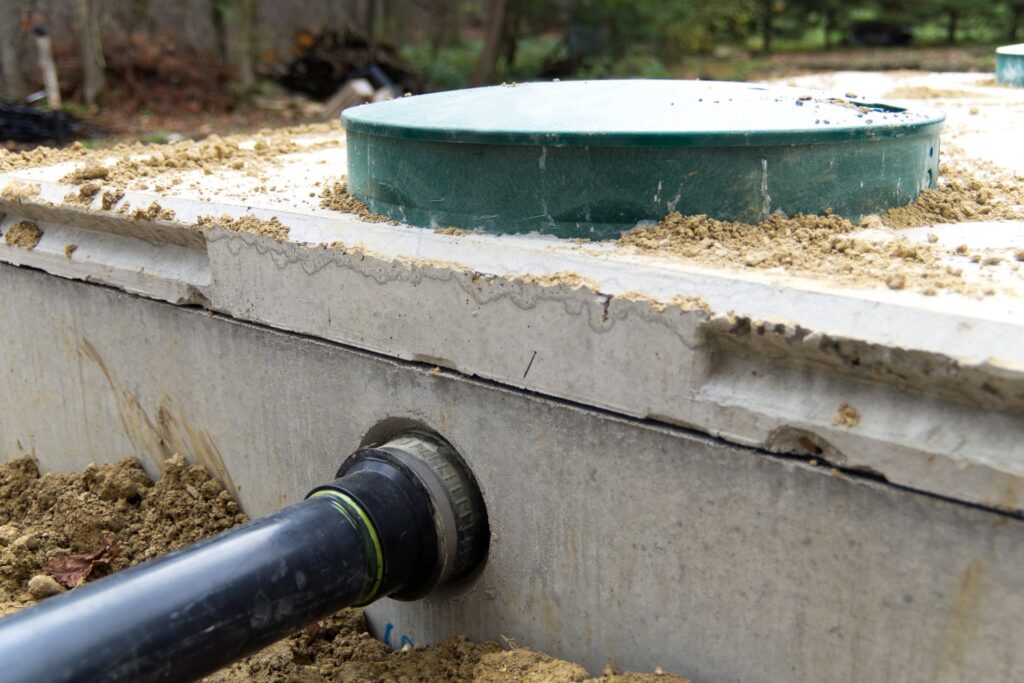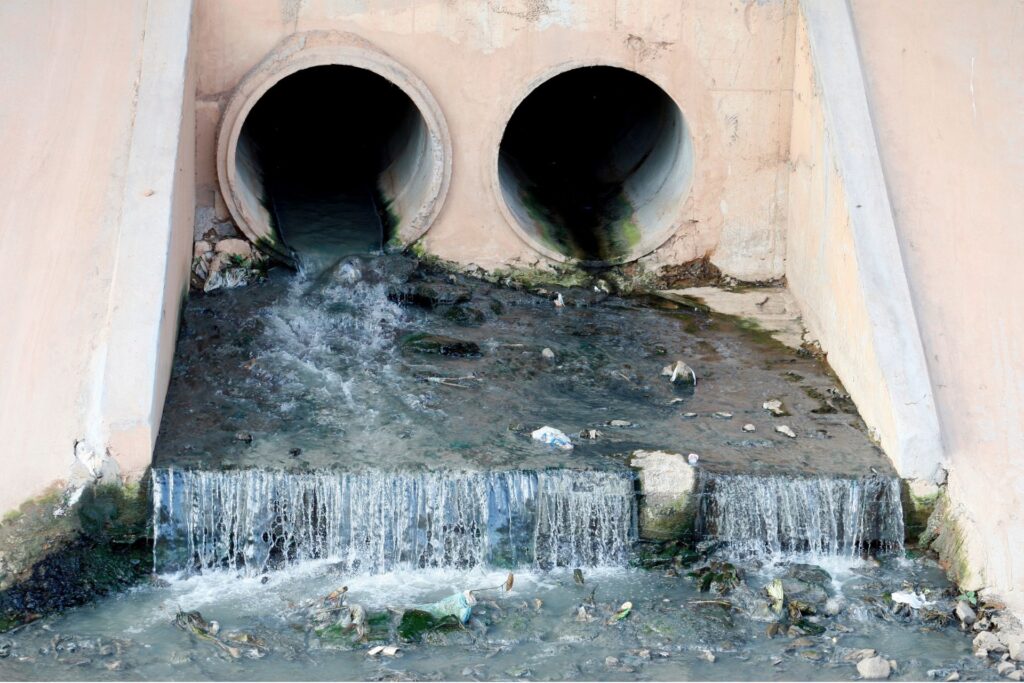Welcome to our comprehensive guide on digger and operator hire rates in New Zealand. Whether you’re planning a small landscaping project or a large-scale construction endeavor, understanding the costs associated with hiring the right machinery and skilled operators is crucial for effective budgeting and project management. In this post, we’ll dive into the average hire rates for various types of diggers, explore the factors that influence these costs, and provide practical tips to help you secure the best rates and services for your needs. By the end, you’ll be well-equipped with the knowledge to make informed decisions and ensure your project runs smoothly and cost-effectively.
The average hire rates for diggers in New Zealand vary depending on the type and size of the machinery, with mini diggers typically costing between $150 to $300 per day, standard diggers ranging from $300 to $500 per day, and large excavators costing $500 to $1,000 per day. Operator rates generally range from $50 to $100 per hour. Factors such as location, duration of hire, and operator experience can influence these rates. For the best deals, compare services, negotiate rates, and consider package deals that include both the digger and the operator.
- Understanding Digger And Operator Hire
- Factors Influencing Hire Rates
- Average Hire Rates In New Zealand
- Regional Variations In Hire Rates
- How To Get The Best Hire Rates
- Tips For Hiring The Right Digger And Operator
- Case Studies And Real-Life Examples
- FAQs: About Digger And Operator Hire Rates In NZ
- Conclusion
Understanding Digger And Operator Hire
When it comes to construction and landscaping projects, understanding the essentials of digger and operator hire is crucial. This section breaks down what a digger is, the roles of an operator, and the common uses for this equipment and expertise.
Definition: What is a Digger, and What are the Typical Roles of an Operator in Construction and Landscaping Projects?
A digger, also known as an excavator, is a powerful piece of heavy machinery used to move large amounts of earth, rock, or debris. Diggers come in various sizes, from compact mini-excavators for small-scale projects to larger, more robust machines for significant construction work. These machines are equipped with a boom, stick, and bucket, and they are designed to perform a wide range of tasks with efficiency and precision.
The operator plays a pivotal role in utilizing the digger effectively. Operators are skilled professionals trained to handle these complex machines. Their responsibilities include maneuvering the digger, controlling the hydraulic functions, and ensuring the machine operates safely and efficiently. Operators must have a deep understanding of the machinery, site safety protocols, and the specific requirements of the project at hand. They are not just drivers; they are experts who can read site plans, identify potential issues, and adapt to changing conditions on the job site.
Common Uses: Highlight Common Projects That Require Diggers and Operators, Such as Excavation, Trenching, and Site Preparation
Diggers and operators are indispensable in a variety of construction and landscaping projects. Here are some common uses:
1. Excavation: One of the primary uses of a digger is excavation. Whether it’s digging foundations for buildings, basements, or swimming pools, diggers are designed to handle large-scale earthmoving tasks quickly and efficiently. Operators ensure that the excavation is done according to the precise measurements and depth required for the project.
2. Trenching: Trenching is another critical task where diggers excel. Trenches are needed for laying utility lines, pipes, and cables. A skilled operator can dig trenches to the exact specifications, ensuring they are straight, level, and meet the necessary depth. This precision is vital for the proper installation of utilities.
3. Site Preparation: Before any construction project can begin, the site must be prepared. This involves clearing the land, removing debris, leveling the ground, and sometimes even performing demolition work. Diggers are perfect for these tasks as they can handle a wide range of materials and conditions. Operators use their expertise to make sure the site is ready for construction, which is essential for the project’s success.
4. Landscaping: In landscaping projects, diggers are used for tasks such as creating ponds, digging out garden beds, and even installing large trees. Operators ensure that the landscaping work is done with care and precision, preserving the integrity of the surrounding environment while achieving the desired design.
In summary, digger and operator hire is a critical component of many construction and landscaping projects. Understanding what a digger is and the roles of an operator helps appreciate the value it brings to a project. From excavation to site preparation, the expertise of a skilled operator ensures that these tasks are completed efficiently, safely, and to the highest standards. Whether you’re planning a small landscaping job or a large construction project, hiring a digger and operator can make a significant difference in the quality and success of the work.
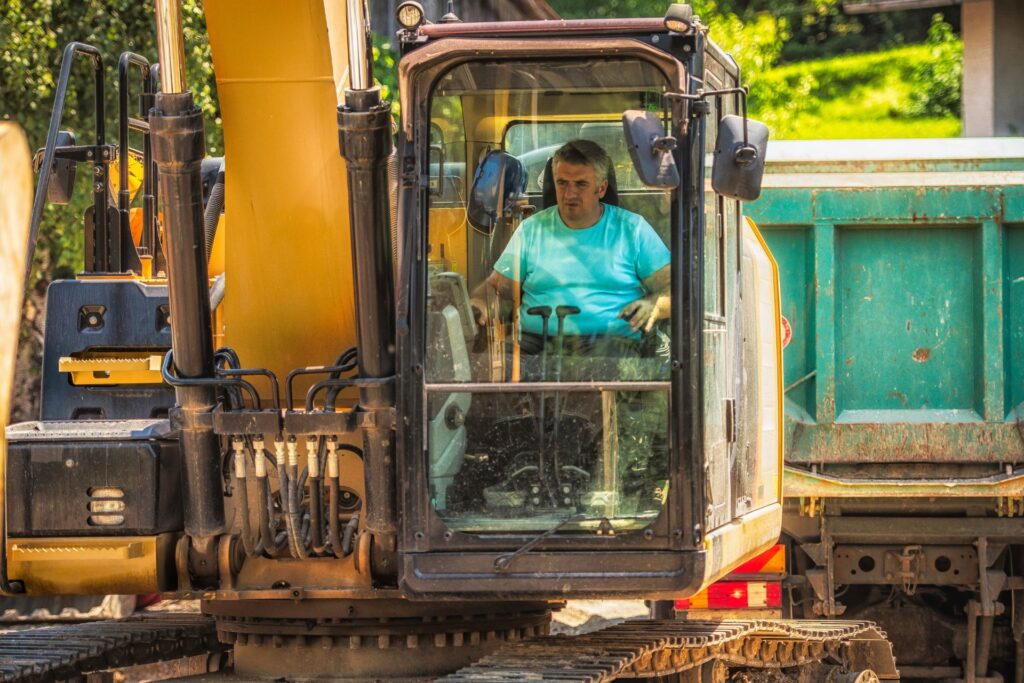
Factors Influencing Hire Rates
Hiring a digger and operator involves several factors that can influence the overall cost. It’s essential to understand these variables to make informed decisions and manage your budget effectively. Let’s break down each factor to provide a clearer picture of how hire rates can vary.
Type of Digger
The type of digger you need significantly affects the hire rates. Here’s a closer look at the different types:
Mini Diggers: These compact machines are perfect for smaller projects, such as residential landscaping or minor excavation tasks. Because of their size and versatility, mini diggers are usually the most affordable option. However, they may not be suitable for larger or more intensive tasks.
Standard Diggers: These are the go-to choice for most medium-sized projects. They offer a balance between power and maneuverability, making them ideal for construction sites, roadworks, and larger landscaping jobs. The hire rates for standard diggers are higher than mini diggers but provide more capability for demanding tasks.
Large Excavators: When it comes to heavy-duty excavation, large excavators are indispensable. These machines are designed for significant construction projects, mining operations, and large-scale demolitions. Given their size and power, large excavators come with the highest hire rates but deliver unmatched performance for extensive projects.
Duration of Hire
The length of time you need the digger and operator also plays a crucial role in determining the cost. Here’s how it breaks down:
Daily Rates: Ideal for short-term projects or when you need the equipment for just a day or two. While the per-day cost might be higher, it can be more cost-effective for brief jobs.
Weekly Rates: If your project spans several days to a week, opting for a weekly rate can offer better value. It reduces the daily cost compared to short-term hire and provides flexibility for medium-duration projects.
Monthly Rates: For long-term projects, monthly rates are the most economical. These rates significantly lower the daily cost, making it affordable to have the digger and operator on site for extended periods.
Location
Geographical location within New Zealand can impact hire rates due to several factors:
Urban vs. Rural Areas: Hiring equipment in urban areas like Auckland or Wellington might be more expensive due to higher demand and operational costs. In contrast, rural areas might offer lower rates, but availability could be limited.
Transportation Costs: The distance the digger needs to be transported to your site can add to the overall cost. Remote locations might incur higher delivery fees, affecting the total hire rate.
Operator Experience
The expertise of the operator is another significant factor. Experienced operators can work more efficiently, potentially reducing the overall project time and cost. Here’s how operator experience influences rates:
Novice Operators: While hiring a less experienced operator might save on hourly rates, it could lead to longer project times and potentially higher overall costs.
Experienced Operators: Skilled operators command higher rates but bring efficiency and expertise to the job. Their ability to handle complex tasks swiftly can result in cost savings in the long run.
Additional Costs
Beyond the basic hire rates, there are additional costs to consider:
Fuel: The cost of fuel is often not included in the hire rate and can add up, especially for large excavators that consume more fuel.
Delivery: Transporting the digger to and from the site incurs delivery charges. These costs vary based on the distance and the size of the equipment.
Insurance: To protect against potential damage or accidents, insurance is a necessary expense. It’s crucial to factor this into your budget to avoid unexpected costs.
Understanding these factors can help you plan your project more effectively and avoid unexpected expenses. By considering the type of digger, duration of hire, location, operator experience, and additional costs, you can make informed decisions and manage your budget efficiently.
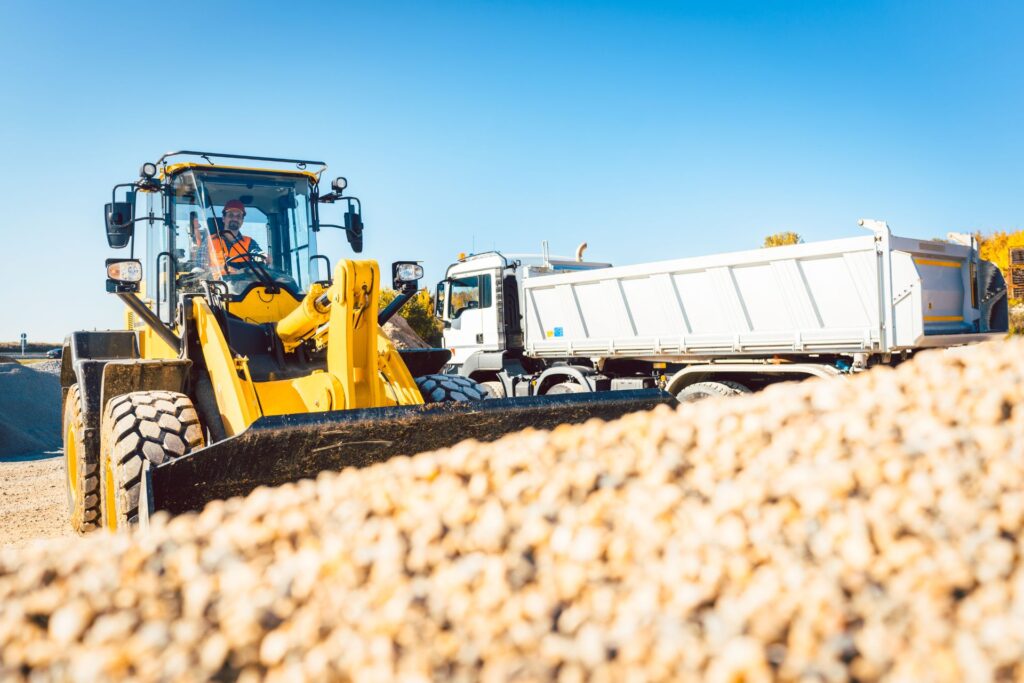
Average Hire Rates In New Zealand
Overview of Rates
When planning a construction project, understanding the cost of hiring equipment like diggers is crucial. In New Zealand, hire rates can vary based on the size of the machinery and whether you need an operator. Generally, hire rates include the cost of the equipment itself, with an additional charge if you require a skilled operator. Let’s break down the average costs you can expect for different types of diggers and operators.
Rate Breakdown
Mini Diggers
Mini diggers, also known as mini excavators, are ideal for small to medium-sized projects like garden landscaping or minor excavation work. These compact machines are versatile and relatively affordable.
Per Day: On average, hiring a mini digger costs between NZD 150 to NZD 250 per day.
Per Week: For longer projects, weekly rates are more economical, ranging from NZD 700 to NZD 1,200.
Per Month: For extended use, monthly hire rates typically range from NZD 2,500 to NZD 4,000.
Standard Diggers
Standard diggers are suited for more extensive projects, including foundation work and large-scale landscaping. These machines offer greater power and efficiency compared to mini diggers.
Per Day: The average daily rate for a standard digger is between NZD 300 to NZD 500.
Per Week: Weekly hire rates generally range from NZD 1,500 to NZD 2,500.
Per Month: Monthly costs can vary significantly but usually fall between NZD 5,000 to NZD 8,000.
Large Excavators
Large excavators are necessary for major construction projects, such as commercial developments and significant earthmoving operations. These machines are the most powerful and consequently, the most expensive to hire.
Per Day: Daily rates for large excavators typically range from NZD 600 to NZD 1,000.
Per Week: Weekly hire rates can be expected to fall between NZD 3,000 to NZD 5,000.
Per Month: Monthly rates are substantial, ranging from NZD 10,000 to NZD 15,000.
Operator Rates
While hiring a digger without an operator might save costs initially, having a skilled operator can significantly improve efficiency and safety on your site.
Average Hourly Rates: The average hourly rate for an operator in New Zealand is between NZD 50 to NZD 80. These rates can vary based on the operator’s experience and the project’s complexity.
Understanding these costs will help you budget more accurately for your construction project. Whether you’re undertaking a small home renovation or a large commercial build, knowing the average hire rates for diggers and operators in New Zealand ensures you make informed decisions and keep your project on track.

Regional Variations In Hire Rates
When hiring a digger and operator in New Zealand, it’s important to consider how rates can vary significantly across different regions. Let’s delve into the specifics of how these variations manifest, providing a comprehensive understanding for those looking to hire these services.
North Island vs. South Island
Firstly, there’s a noticeable difference in hire rates between the North Island and the South Island. In the North Island, particularly in densely populated areas, the demand for construction and excavation services tends to be higher. This often results in slightly higher rates due to the increased demand. For instance, in regions like Auckland, where construction projects are more frequent, you might find that the cost of hiring a digger and operator is on the higher end of the spectrum.
Conversely, the South Island, known for its expansive rural areas and smaller population centers, often has a lower demand for these services. Consequently, hire rates here can be more competitive. For example, in areas like Invercargill or Dunedin, you might secure a more affordable rate compared to a bustling metropolis in the North Island. However, it’s also worth noting that the availability of specialized equipment and operators might be more limited, potentially balancing out the cost differences.
Major Cities
Focusing on major cities, we see a more granular differentiation in hire rates. In Auckland, the largest city in New Zealand, the rates are typically the highest due to the sheer volume of ongoing construction and infrastructure projects. The competition among service providers is fierce, but the high demand keeps prices elevated.
Wellington, the capital city, also experiences higher rates, though they might not be as steep as those in Auckland. The demand here is driven by government projects and urban development. Christchurch, recovering and rebuilding from past earthquakes, has a unique market. The reconstruction efforts have led to fluctuating rates, often high due to the specialized nature of the work and the demand for skilled operators.
Rural Areas
In rural areas, the scenario changes markedly. Hire rates for digger and operator services in less populated regions are generally lower. The reduced demand for these services allows providers to offer more competitive pricing. For example, in farming communities or small towns, the cost of hiring a digger and operator can be significantly less than in urban centers.
However, there are trade-offs. While the rates might be lower, the availability of operators and equipment can be limited. This means that for urgent projects or those requiring specific expertise, you might need to book well in advance or be prepared to pay a premium for specialized services. Additionally, the travel cost for the operator and equipment to reach more remote locations can sometimes add to the overall expense, somewhat mitigating the lower base hire rates.
In summary, when considering the hire of a digger and operator in New Zealand, it’s essential to factor in regional variations. The North Island, with its higher demand and larger urban centers, tends to have higher rates, particularly in Auckland and Wellington. The South Island generally offers more competitive rates, especially in its rural areas, though availability can be a concern. Major cities have the highest rates due to demand and ongoing development projects, while rural areas offer lower rates but may come with added logistical considerations. Understanding these regional differences can help you budget more effectively and secure the best possible service for your needs.
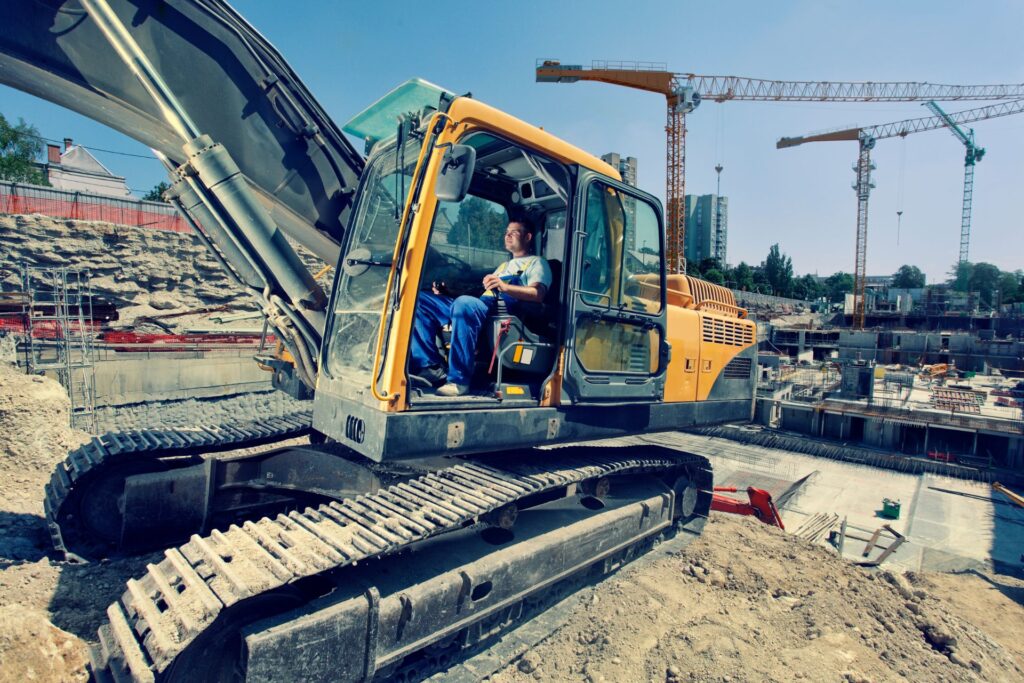
How To Get The Best Hire Rates
When it comes to hiring a digger and operator in New Zealand, getting the best rates can make a significant difference in your project’s overall cost. Here’s how you can ensure you’re getting the most value for your money:
Research and Compare
The first step to securing the best hire rates is thorough research. Start by identifying several local hire companies and checking their websites for pricing information. Look for reviews and ratings on platforms like Google Reviews or Trade Me to gauge customer satisfaction and reliability. It’s also helpful to join local forums or social media groups related to construction and DIY projects to get recommendations from others who have hired similar services.
When comparing rates, don’t just look at the base price. Consider additional costs such as delivery fees, fuel charges, and any minimum hire periods. Some companies may offer lower hourly rates but have higher hidden costs, so it’s essential to read the fine print. Create a comparison chart to list all potential hire companies along with their total estimated costs. This visual aid can help you make a more informed decision.
Negotiating Rates
Once you have a shortlist of hire companies, the next step is to negotiate. Many people feel uncomfortable negotiating, but it’s a common practice in the hiring industry. Start by being upfront about your budget and asking if there are any discounts available. Mention if you’ve received lower quotes from competitors – this can often encourage the hire company to match or beat those rates.
It’s also worth asking about any promotions or upcoming deals. Sometimes, companies may have seasonal discounts or special offers that are not advertised prominently. Building a rapport with the sales representative can also be beneficial; they may be more inclined to offer you a better deal if they see you as a potential repeat customer.
Package Deals
Consider opting for package deals that include both the digger and the operator. These deals are often more cost-effective than hiring each separately. Package deals can also simplify the logistics, as you’ll only need to coordinate with one company rather than multiple providers.
Additionally, hire companies are often willing to offer discounts for longer hire periods. If your project timeline allows, booking the equipment and operator for a more extended period can result in substantial savings. Always ask about these options during your initial inquiries.
In conclusion, getting the best hire rates for a digger and operator in New Zealand involves a combination of thorough research, strategic negotiation, and taking advantage of package deals. By following these steps, you can ensure that you’re getting the best value for your money while keeping your project on budget.
Tips For Hiring The Right Digger And Operator
Assessing Needs
Before diving into the hiring process, it’s crucial to thoroughly assess your project needs. Start by identifying the specific tasks you need the digger and operator to perform. Are you digging foundations, excavating for a pool, or preparing a site for landscaping? The type and size of the digger you need will vary significantly based on these requirements. Additionally, consider the scale of your project—smaller projects might only require a mini excavator, while larger commercial undertakings could need a full-sized digger. Understanding these details helps ensure you hire the right equipment and expertise, avoiding unnecessary costs and delays.
Checking Credentials
When it comes to heavy machinery operations, credentials are non-negotiable. Always verify that the operator has the necessary licenses and certifications to operate the equipment safely and legally. In New Zealand, for instance, operators should hold a current license specific to the machinery they are using. Moreover, checking their insurance is equally important. This not only covers any potential damages to your property but also protects against any liabilities in case of accidents on site. Properly credentialed operators demonstrate a commitment to professionalism and safety, which can significantly influence the success of your project.
Reading Reviews
Customer reviews and testimonials are invaluable resources when choosing a digger and operator. These reviews provide insights into the reliability, punctuality, and quality of the service provider. Look for reviews on independent websites and forums to get unbiased opinions. Pay attention to consistent patterns in feedback—repeated praises or complaints can highlight the strengths and weaknesses of a company. Additionally, don’t hesitate to ask the provider for references from previous clients. Speaking directly to someone who has worked with them can give you a clearer picture of what to expect.
Site Visits and Consultations
A preliminary site visit and consultation can make a world of difference in your hiring decision. During this visit, the operator can assess the site conditions, discuss the project details, and identify any potential challenges. This hands-on evaluation helps in providing a more accurate quote and timeline for the project. It also gives you the opportunity to gauge the operator’s expertise and communication skills. A professional who takes the time to understand your project and offers thoughtful solutions is likely to deliver better results. Moreover, this initial interaction can set the tone for the entire project, ensuring that both parties are on the same page from the start.
In conclusion, hiring the right digger and operator involves a careful assessment of your project needs, thorough verification of credentials, diligent review of customer feedback, and a proactive approach through site visits and consultations. By following these tips, you can ensure that your project is handled efficiently, safely, and to your satisfaction.
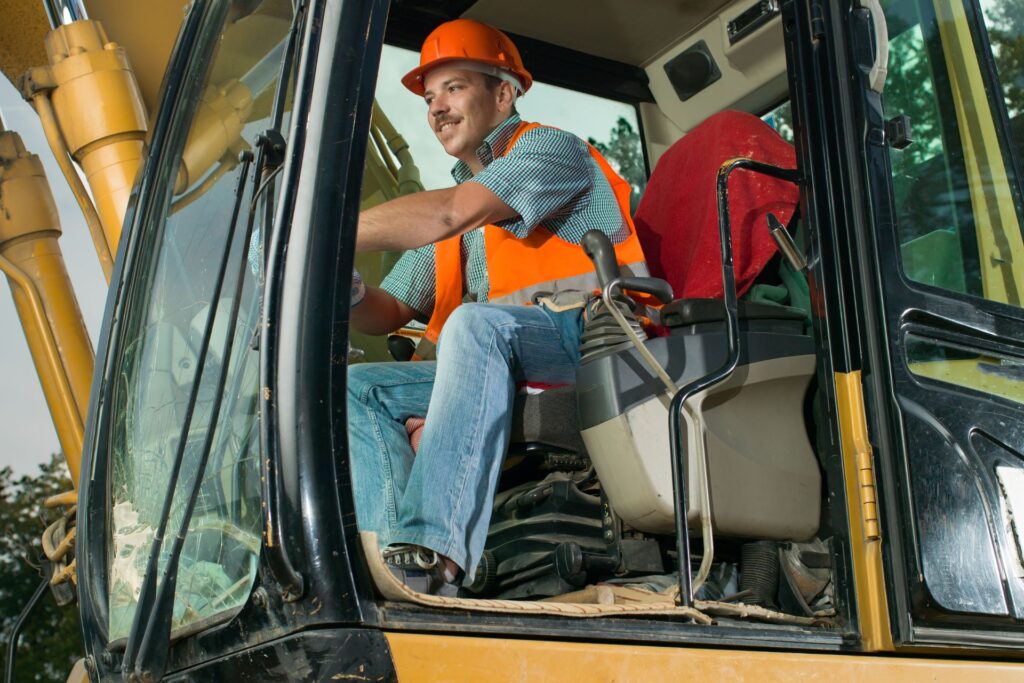
Case Studies And Real-Life Examples
Project Example 1: Small Residential Landscaping Project
When Jane and John decided to transform their backyard into a serene garden oasis, they knew they needed professional help. They hired a small digger and an experienced operator to handle the heavy lifting and precise digging required for their project.
Details of the Project:
Scope: The project involved leveling the ground, removing old tree stumps, and digging holes for new plantings and a small pond.
Equipment Used: A mini excavator (1.5 tons) was perfect for maneuvering in the tight backyard space.
Operator Experience: The operator had over five years of experience in residential landscaping projects, ensuring the work was done efficiently and safely.
Hire Cost: The cost of hiring the digger and operator was $120 per hour, with the entire project taking around 10 hours. This brought the total hire cost to $1,200.
By choosing the right equipment and an experienced operator, Jane and John were able to complete their landscaping project within their budget and on time, transforming their backyard into the peaceful retreat they envisioned.
Project Example 2: Commercial Construction Project
A local business, XYZ Ltd., needed to prepare a site for a new office building. This commercial construction project required heavy-duty equipment and skilled operators to handle the extensive groundwork.
Details of the Project:
Scope: The project involved clearing a large plot of land, excavating the foundation, and preparing the site for construction.
Equipment Used: A 20-ton excavator and a bulldozer were necessary to manage the significant earthmoving tasks.
Operator Experience: The operators hired had specialized experience in commercial construction, ensuring the project met all safety and regulatory standards.
Hire Cost: The hire cost for the equipment and operators was $200 per hour. The project took approximately 50 hours to complete, resulting in a total hire cost of $10,000.
By investing in the right heavy machinery and skilled operators, XYZ Ltd. was able to efficiently prepare their construction site, keeping the project on schedule and within budget.
Lessons Learned
From these examples, several key takeaways can help you make informed decisions about digger and operator hire:
1. Choose the Right Equipment: Matching the size and capabilities of the digger to the project requirements is crucial. A mini excavator is ideal for residential projects with limited space, while a larger excavator is necessary for commercial projects requiring extensive excavation.
2. Hire Experienced Operators: The expertise of the operator significantly impacts the efficiency and safety of the project. Ensure the operator has relevant experience for your specific project needs.
3. Understand the Costs: Knowing the hire costs upfront helps in budgeting accurately. Residential projects might be more affordable, but larger commercial projects will require a more substantial investment.
4. Plan for Time: The duration of the hire can affect the total cost. Efficient planning and execution can help minimize the hire time and associated expenses.
By considering these lessons, you can better navigate the process of hiring diggers and operators, ensuring your project is completed smoothly, safely, and within your budget.
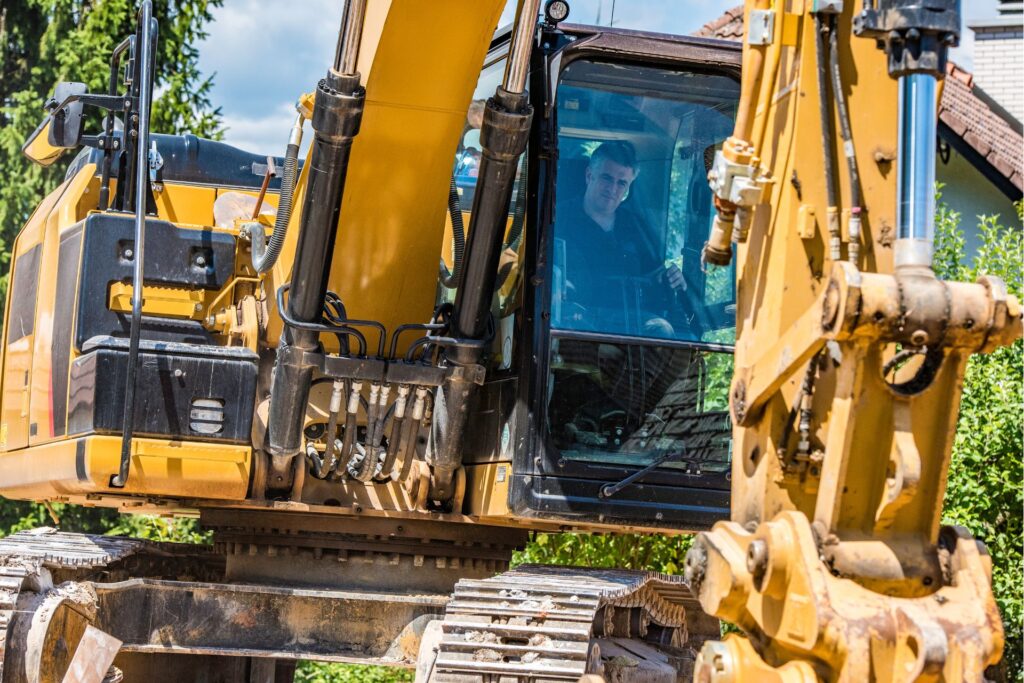
FAQs: About Digger And Operator Hire Rates In NZ
Conclusion
In conclusion, this post has provided a comprehensive overview of the rates for hiring diggers and operators in New Zealand, detailing the factors that influence costs, the types of services available, and tips for choosing the right provider. As you consider your next construction or landscaping project, remember that understanding these rates and factors can help you make informed decisions and budget more effectively. We encourage you to reach out for more information or request a quote tailored to your specific needs. Additionally, feel free to share your experiences with hiring diggers and operators in NZ, as your insights can benefit others in the community. For further reading, check out our related articles on construction and landscaping projects to continue expanding your knowledge.
About the Author:
Mike Veail is a recognized digital marketing expert with over 6 years of experience in helping tradespeople and small businesses thrive online. A former quantity surveyor, Mike combines deep industry knowledge with hands-on expertise in SEO and Google Ads. His marketing strategies are tailored to the specific needs of the trades sector, helping businesses increase visibility and generate more leads through proven, ethical methods.
Mike has successfully partnered with numerous companies, establishing a track record of delivering measurable results. His work has been featured across various platforms that showcase his expertise in lead generation and online marketing for the trades sector.
Learn more about Mike's experience and services at https://theleadguy.online or follow him on social media:
